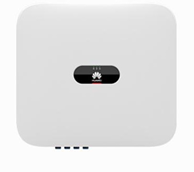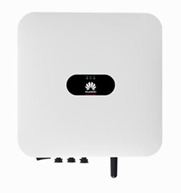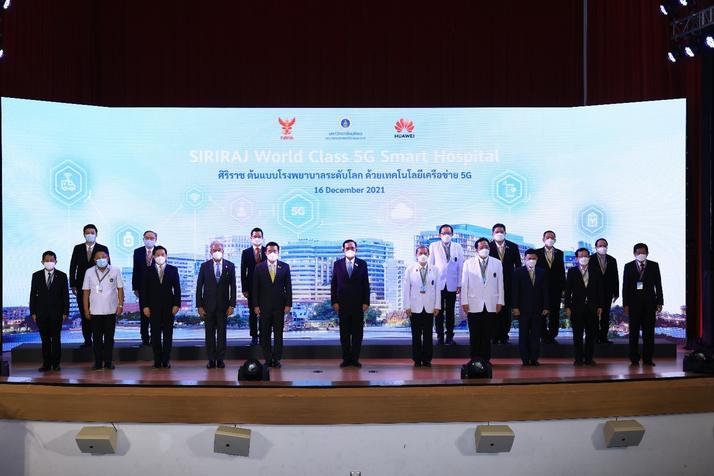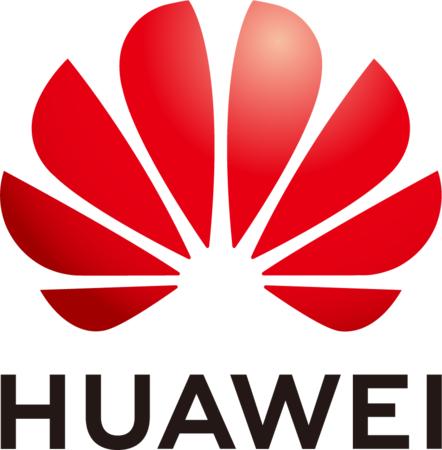What You Should Know Before Buying a Smart Solar Control Unit
- 2209
- 98
What You Should Know Before Buying a Smart Solar Control Unit
- By huawei-accessories.com
- 06/12/2023
In the quest for efficient and sustainable energy solutions, picking a smart solar control unit is a crucial initial step. This crucial part of a solar power system is always able to regulate the system's efficiency, performance, and administration. To ensure the maximum level of functionality and compatibility with your configuration, it is necessary to consider the following when purchasing a smart solar control unit.
Tips for Purchasing a Smart Solar Control Unit
1. Find out which systems are compatible and what they need.
Become Familiar with Your System: Reviewing the details of your solar energy system—including the panels' kind, capacity, voltage, and battery composition—is essential for ensuring that the control unit you intend to buy is compatible with your setup.
Functional Requirements: Prioritize the features that are crucial to your system based on your energy management goals. Maximum power point tracking (MPPT) software, remote monitoring, grid connection, and panel optimization are all examples of features that might be included.
2. Find trustworthy companies and brands by doing some research.
Brand Reliability: A thorough search should be conducted into reputable brands known for making effective and reliable smart solar control devices. Think about brands that have a history of making good products and have gotten good reviews from consumers. A great solar control unit that you can today is the FusionSolar Smart Array Control Unit of Huawei.

Standards and Certification: Verify that the control unit satisfies all applicable regulations and has the appropriate certifications, such as those from UL, CE, or IEC. The control unit's safety, efficiency, and compatibility with the rest of the system can be guaranteed in this way.
3. Consider the more complex features and capabilities.
MPPT's Technology: Look for solar panels with Maximum Power Point Tracking (MPPT) if you want to get the most out of them, particularly in cases where the weather isn't predictable.
Remote Monitoring: An essential component of any remote monitoring system is the equipment that can be used for real-time monitoring. This device should also allow remote access to system performance data through intuitive interfaces or smartphone apps.
4. Think about the warranties and after-sale support that are offered.
Warranty Coverage: Check the manufacturer's policy on the duration of the warranty to see what it covers. As a rule, a longer warranty shows that the manufacturer has faith in the product's durability and reliability.
Customer Support: The ability to get help quickly and reliably once a transaction is complete is a major consideration, therefore prioritize businesses who excel in this area.
5. Long-Term Value and Budget
Value for Money: Finding a happy medium between the control unit's price and its features and capabilities is crucial in terms of both budget and long-term value. Spending a little more upfront on a high-quality machine may pay off in the end with better performance and efficiency.
Cost Savings Over Time: Think about how much money you could save on energy bills and repairs with a high-quality control unit in the long run thanks to improved energy production and management.
6. Ask for professional recommendations and guidance.
Seeking Guidance from Experts: Consult with experts in the sector, such as solar energy installers or consultants, for advice based on their knowledge and expertise.
Product Comparison: To make a well-informed choice that fits your system's requirements, it's a good idea to evaluate several products according to their features, specs, and customer reviews.

Conclusion
Choosing the right smart solar control unit is crucial for maximizing the efficiency, reliability, and lifespan of your solar energy system. Compatibility, research on reliable brands, feature evaluation, long-term value consideration, and professional guidance are just a few of the numerous elements that can help you make an informed purchase decision. Creating an efficient, sustainable, and cost-effective solar energy setup requires a significant commitment of time and effort in choosing the appropriate control unit that matches your system's requirements.





![[VLOG interlocking report] Try the combination of Manfrotto's Nitro Tech 608 and iFootage's TC6 [VLOG interlocking report] Try the combination of Manfrotto's Nitro Tech 608 and iFootage's TC6](https://website-google-hk.oss-cn-hongkong.aliyuncs.com/drawing/article_results_9/2022/3/25/278166fcc7181b73dd99af1b87fd6482_0.jpeg)









